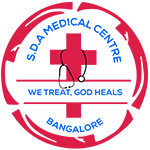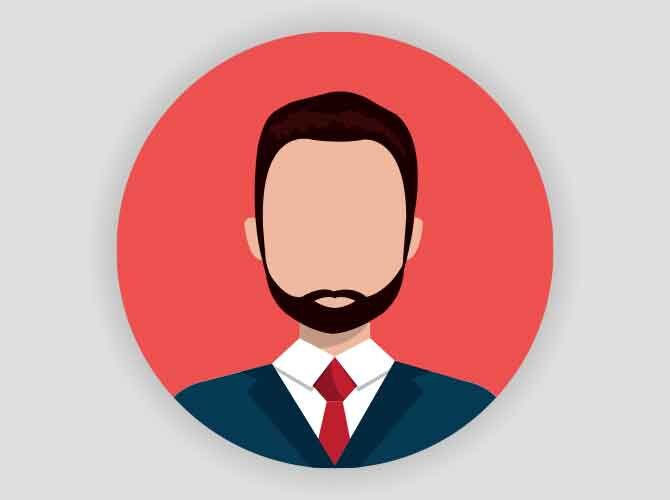A cardiology doctor, also known as a cardiologist, is a medical professional who specializes in the diagnosis, treatment, and management of cardiovascular diseases and conditions. They work in hospitals and medical centers, providing care to patients with various heart-related problems.
Here are some key responsibilities of a cardiology doctor in a hospital:
- Cardiac Evaluation and Diagnosis: Cardiologists evaluate patients with symptoms and risk factors related to heart disease. They conduct thorough medical interviews, perform physical examinations, order and interpret diagnostic tests (such as electrocardiograms, echocardiograms, stress tests, or cardiac catheterizations), and make accurate diagnoses of cardiovascular conditions.
- Management of Heart Conditions: Cardiologists manage a wide range of heart conditions, including coronary artery disease, heart failure, arrhythmias (irregular heart rhythms), valvular heart diseases, and congenital heart defects. They develop personalized treatment plans, prescribe medications, recommend lifestyle modifications (such as diet and exercise), and provide interventions like cardiac catheterization, angioplasty, or pacemaker implantation.
- Cardiac Imaging and Testing: Cardiologists interpret and analyze various cardiac imaging studies to assess heart structure, function, and blood flow. This may involve reviewing echocardiograms, nuclear imaging scans, computed tomography (CT) scans, or magnetic resonance imaging (MRI) scans to aid in diagnosis, treatment planning, and monitoring of cardiac conditions.
- Interventional Cardiology: Some cardiologists specialize in interventional cardiology. They perform procedures such as angioplasty, stenting, or other interventions to open blocked or narrowed blood vessels and restore blood flow to the heart. Interventional cardiologists also perform diagnostic cardiac catheterizations to evaluate the coronary arteries and heart function.
- Electrophysiology: Cardiologists with expertise in electrophysiology diagnose and treat heart rhythm disorders (arrhythmias). They perform procedures such as electrophysiological studies and catheter ablation to identify and correct abnormal heart rhythms. They may also implant and manage pacemakers, implantable cardioverter-defibrillators (ICDs), or cardiac resynchronization therapy (CRT) devices.
- Cardiac Rehabilitation: Cardiologists may participate in cardiac rehabilitation programs that aim to help patients recover from heart-related events or surgeries. They provide guidance on exercise programs, lifestyle modifications, and medication management to improve cardiovascular health and reduce the risk of future complications.
- Collaboration and Consultation: Cardiologists work closely with other healthcare professionals, including primary care physicians, cardiac surgeons, radiologists, and specialized teams. They provide consultations, collaborate on complex cases, and participate in multidisciplinary discussions to ensure comprehensive and coordinated care for patients with cardiovascular diseases.
To become a cardiology doctor, one must complete medical school followed by a residency program in internal medicine and a fellowship in cardiology. Some cardiologists may pursue additional specialized training in subspecialties such as interventional cardiology, electrophysiology, heart failure, or cardiac imaging.
Cardiology doctors play a crucial role in diagnosing, managing, and treating various cardiovascular conditions. They aim to improve heart health, prevent complications, and enhance the quality of life for their patients in a hospital setting.

